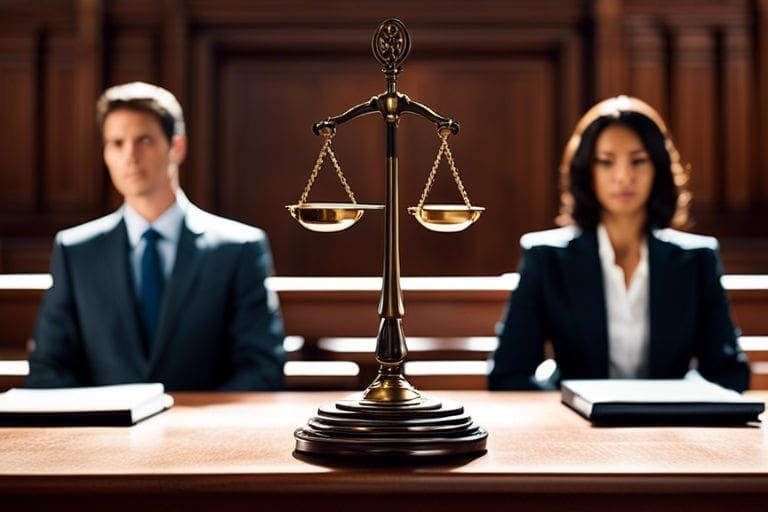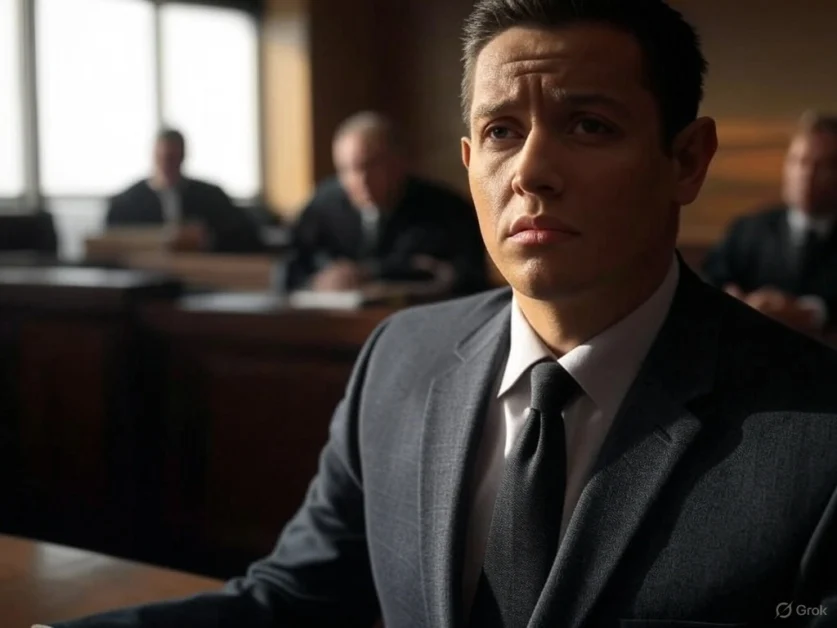Common Challenges in Motorcycle Injury Cases
Motorcycle injury cases often begin with a level of chaos that feels very different from other traffic incidents. Riders typically face severe harm, conflicting accounts of what happened, and insurers who may question every detail. In states like Connecticut, these cases can become even more complicated because the roads, traffic patterns, and local regulations all […]
Common Challenges in Motorcycle Injury Cases Read More »









